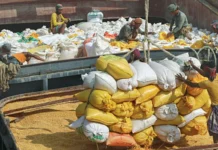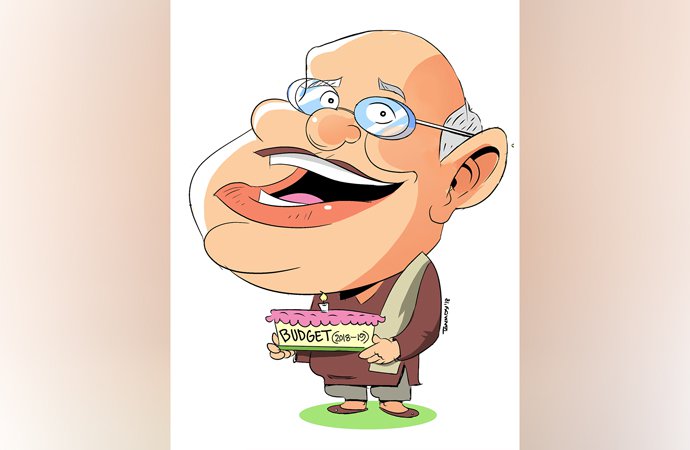BERKELEY (California), Feb 26 (UNB): Bangladesh is ready to take its place on the world stage as a prosperous, moderate Muslim country, but entrepreneurial energy and political purpose are needed to overcome challenges, experts here said.
The Bangladeshi and international experts came up with the message at a conference on Bangladesh that concluded at the University of California Berkeley in the United States on Sunday.
Panel discussions during the three-day conference, organised by the Bangladesh Development Initiative and the Center for South Asia Studies of UC Berkeley also stressed that the immense potential to capitalise on non-resident Bangladeshi investments, both in terms of knowledge and capital, has remained largely untapped.
Professor David Lewis, a specialist on development policy at the London School of Economics, said the world was beginning to take notice of Bangladesh and the nation of 160 million people must seize the window of opportunity.
He said Bangladesh has not only shown a growth rate of 6.0 per cent and a good record on social indicators, but the world’s third most populous Muslim-majority country after Indonesia and Pakistan has also demonstrated a willingness to confront both terrorism and the radical ideology that underpins it.
Dr Syed Saad Andaleeb, Professor of Marketing at Pennsylvania State University, USA, said Bangladesh must enhance its image by focusing on its people, its principles, and taking pride in its identity.
“Bangladesh has built a world-class apparel industry that employs more than 3.5 million people and is already the world’s second largest exporter of garments,” Dan Mozena, the US Ambassador to Bangladesh, told the news agency.
“If it does things right, Bangladesh, more than any other South Asian nation, could attract a fresh wave of manufacturing looking for cheaper alternatives to China,” Mozena said.
The conference also focused on the role of the diaspora and panelists said that although remittance inflow to the home country has had a huge impact, the NRBs must be encouraged to contribute through ideas and skill transfers as well as funds.
Anis Ahmed, the managing director of MGH Group, the lead sponsor of the conference, said, “Goldman Sachs lists Bangladesh among its “Next 11″ countries that have the potential to become major economies. But we need to harness the potential of the diaspora as well as home-based talent to make this happen.”
Speaking at the conference, Akramul Qader, Bangladesh Ambassador to the United States, said conferences that engaged diaspora Bangladeshis with policymakers and thinkers in Bangladesh were crucial.
Mahfuz Anam, Editor of The Daily Star, stressed the need for fighting corruption in order to attract investment to spur growth.
Professor Rehman Sobhan, Chairman, Centre for Policy Dialogue (CPD), was honoured by BDI with a Lifetime Achievement Award.
The three-day event — Bridging the policy action divide: challenges and prospects for Bangladesh — was organised at the University of California Berkeley.
The conference was sponsored by MGH Group, alongside USAID, the Asia Foundation and Southeast Bank. BDI organised two conferences on Bangladesh in 2008 and 2009 at the John F. Kennedy School of Government at Harvard University.










This is an excellent but incomplete picture of the energy and focus of this conference. In addition to the good talks by the luminaries cited, there were two panels that specifically identified the role Diaspora is playing and can augment in the development of their motherland through their own initiative in non-profit, for-profit, innovation, and technological domains, in partnerships with both the public and private sectors. The panelists identified specific technological areas the country can focus on and they can assist. This was not surprising since the conference was held at California’s Silicon Valley, the world hub of innovation and technology, where several Bangladesh-born scientists and engineers are playing key roles.
If you are interested, I can add more details. Thanks.
Ahmed Badruzzaman, Ph.D, Fellow of Am. Nucl. Soc
BDI Member and Panel Organizer
it is easy to send your commentary or article to the Bangladesh Chronicle. Just send it and it will be posted.